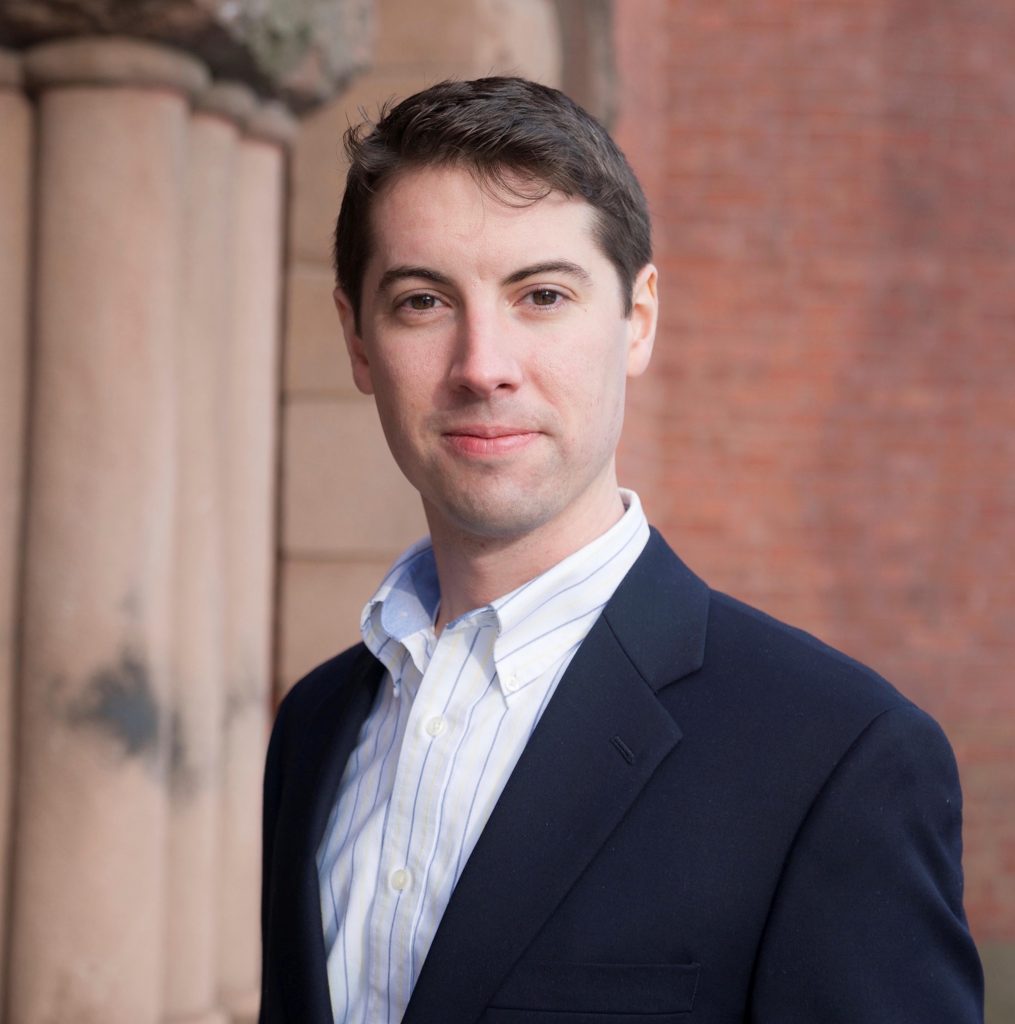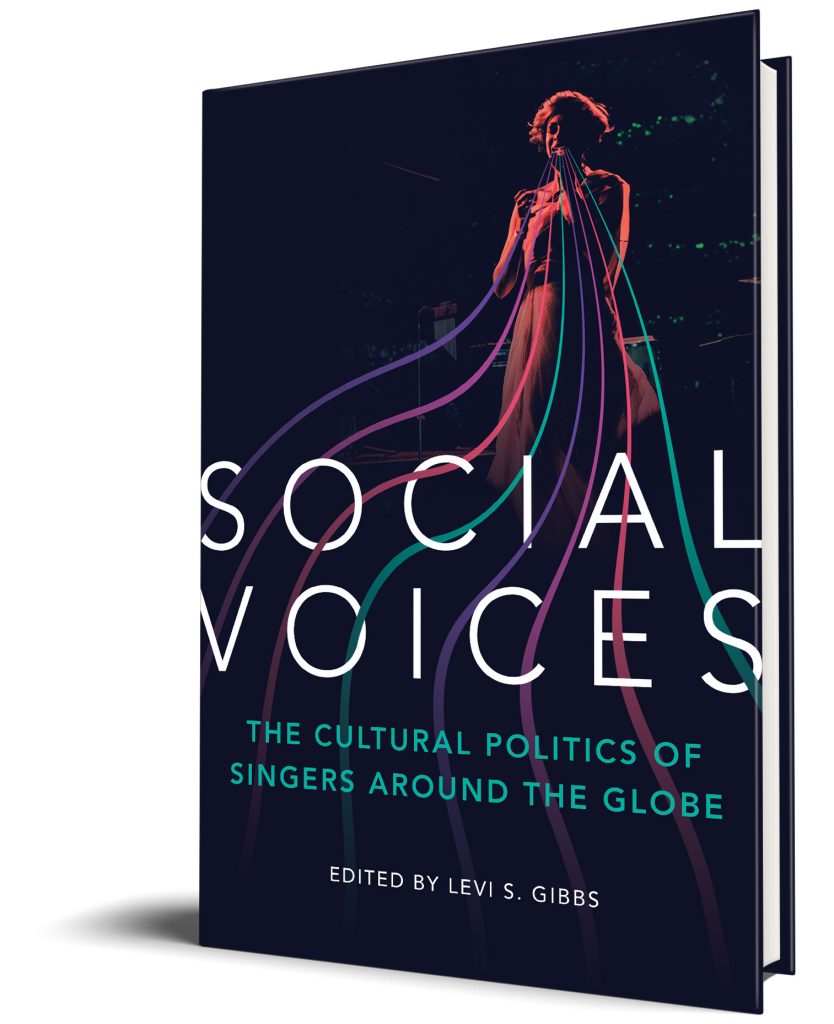Levi S. Gibbs, editor of Social Voices: The Cultural Politics of Singers around the Globe, answers questions on his new book.
Q: Why did you decide to write this book?
While I was working on my first book, Song King: Connecting People, Places, and Past in Contemporary China, about a Chinese singer known as the “Folksong King of Western China,” I was struck by the number of iconic singers from around the world who become symbols of regions, nations, and epochs. Inspired by what I read about influential singers in places like Egypt and Japan, I thought it would be interesting to bring together an interdisciplinary group of scholars researching and writing about singers from different places to see what similarities and differences we find in the singers we study. With that in mind, I organized a conference in 2020 called “The Power of Song,” and this book emerged from that. Social Voices aims to be a textbook for college students and other readers interested in popular culture, cultural studies, and music. It shows how singers become the focus of conversations about a variety of social issues. We tried to make it accessible and humanize it by including examples of how some of its contributors from different disciplines came to write about singers.
Q: What is the most interesting discovery you made while researching and writing your book?
I was struck by how each singer can be seen in vastly different ways by different people in different contexts, and how the differences between those perspectives reveal underlying tensions regarding a range of social issues. I came to see that sometimes, how we view a singer positively or negatively is connected to how we see ourselves and how we relate to other people. While not always the case, singers are often seen to “give voice” to different ideas, perspectives, and groups of people, and I think the tendency people have to privilege one voice over another can create a sense of empowerment for some and a threat for others, depending on the eyes and ears of the beholder.
Q: What myths do you hope your book will dispel or what do you hope your book will help readers unlearn?
I hope that this book will open readers’ eyes to the diversity of ways that singers are perceived by different audiences and some of the cultural politics at play underneath that diversity. What is interesting is not just how a particular story paints a singer as a voice championing a group, corrupting young people, or something else, but what values underly those claims and how people often disagree about those values. It is easy to take individual stories about singers at face value, but I hope that after reading Social Voices, readers will question stories that describe a singer in a singular, one-dimensional light, and will never see a news article, social media post, biopic, or obituary about a singer in the same way.
Q: Which part of the publishing process did you find the most interesting?
I loved being able to work with scholars I admire and finding ways to weave together different writing styles and ideas into an accessible, cohesive whole. Since we had the conference together early on, we were able to give and get feedback on drafts of the chapters and talk about the larger, overarching issues for the book. Later one, the outside reviewers and my discussions with the University of Illinois Press editor were also really helpful in improving the overall quality of the volume. I learned a lot!
Q: What is your advice to scholars/authors who want to take on a similar project?
When possible, I would aim to work with scholars you admire whom you want to learn from. If you are hoping to produce a textbook for college students, try to think about the book’s style, contents, and structure from the perspective of readers with different levels of background knowledge about the various topics. When I was planning the structure of the volume, I tried to include a range of singers that readers may or may not be familiar with. For singers that more readers may be familiar with, the chapters tend to focus on lesser-known aspects of those singers, allowing readers to see them in new ways. There are also chapters on singers that may be lesser known to some readers, but who have played important roles in various issues of representation around the world.
Q: What do you like to read/watch/or listen to for fun?
I really like the podcast and Netflix series Song Exploder. Each episode breaks down how a particular popular song was composed, using interviews with the singer/composer and clips from the individual studio tracks (and sometimes, earlier iPhone recordings where the composers drafted out ideas for melodies, lyrics, and rhythms). Another passion of mine is cooking, and I love watching all types of cooking shows.

Levi S. Gibbs is an associate professor of Asian societies, cultures, and languages at Dartmouth College. He is the author of Song King: Connecting People, Places, and Past in Contemporary China and the editor of Faces of Tradition in Chinese Performing Arts.

